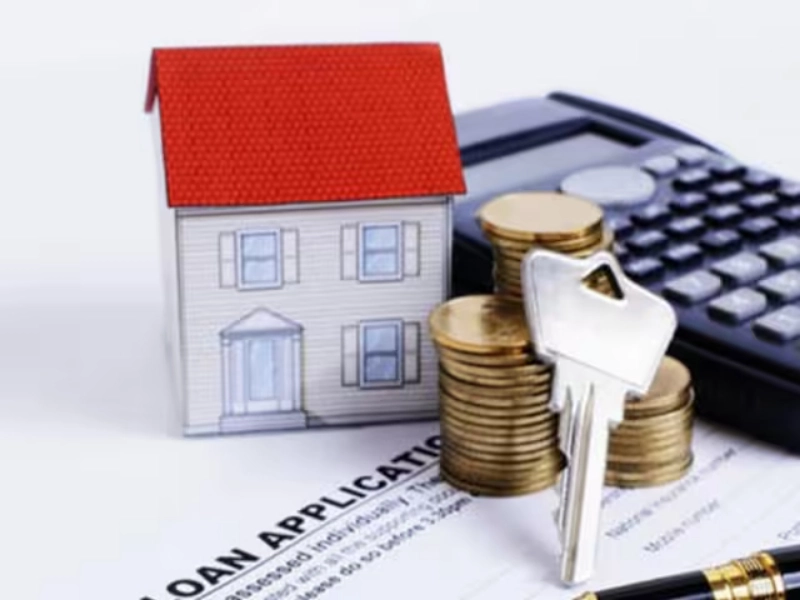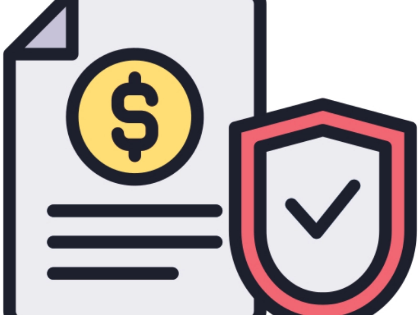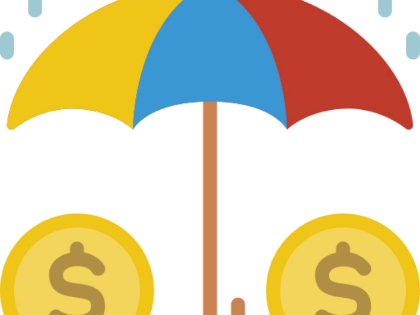Can Someone with Poor Credit Purchase a Home?
It is feasible to purchase a property with bad credit, but there are some obstacles to overcome. You may be able to qualify for mortgage loans with lower interest rates and lower down payments if you take the time to rebuild your credit. It's also critical to comprehend the distinction between alethic and epistemic possibilities. Find out more by going here.
1. Examine your credit reports.

2. Obtain prior approval.
 Although it's a major consideration for lenders, your credit score isn't the only one. A lender needs assurances that you will be able to make timely loan repayments and afford your mortgage payments. They examine your debt-to-income ratio (DTI), which compares your monthly debt payments to your gross income, in order to assist you with this.
Your mortgage application may be denied if your DTI is too high. You can begin reducing your debt, raising your income, or finding a cosigner on your mortgage to lower your DTI. Additionally, Experian Boost offers credit report monitoring along with individualised, actionable advice.
When the time comes to submit a mortgage application, try to do so within 45 days. This allows your credit report to be pulled once for each mortgage provider you apply to, and it will only have an influence on your scores once.
Although it's a major consideration for lenders, your credit score isn't the only one. A lender needs assurances that you will be able to make timely loan repayments and afford your mortgage payments. They examine your debt-to-income ratio (DTI), which compares your monthly debt payments to your gross income, in order to assist you with this.
Your mortgage application may be denied if your DTI is too high. You can begin reducing your debt, raising your income, or finding a cosigner on your mortgage to lower your DTI. Additionally, Experian Boost offers credit report monitoring along with individualised, actionable advice.
When the time comes to submit a mortgage application, try to do so within 45 days. This allows your credit report to be pulled once for each mortgage provider you apply to, and it will only have an influence on your scores once.
3. Examine bad-credit mortgage loans.
 You may have more mortgage loan possibilities than you realise if you have saved money for a down payment but your credit score isn't very good. Even with a low credit score, you can look into traditional loans or government-backed mortgage programmes.
Each lender and mortgage programme has a different definition of what constitutes "bad credit." To be eligible for the majority of mortgages, you typically need a credit score of at least 620. Having a credit score below 620 can increase the difficulty of getting approved for a mortgage and increase your interest rates.
When you'll be prepared for a mortgage might be ascertained by keeping an eye on your credit through the use of credit monitoring tools. After that, you can work to raise your credit score, which will make it easier for your mortgage application to be approved with less stringent terms and cheaper interest rates. For instance, you can raise your credit score by fifty points or more by asking for an increase in your credit limit. Your credit score can be raised by making your mortgage payment on time and paying your bills on time.
You may have more mortgage loan possibilities than you realise if you have saved money for a down payment but your credit score isn't very good. Even with a low credit score, you can look into traditional loans or government-backed mortgage programmes.
Each lender and mortgage programme has a different definition of what constitutes "bad credit." To be eligible for the majority of mortgages, you typically need a credit score of at least 620. Having a credit score below 620 can increase the difficulty of getting approved for a mortgage and increase your interest rates.
When you'll be prepared for a mortgage might be ascertained by keeping an eye on your credit through the use of credit monitoring tools. After that, you can work to raise your credit score, which will make it easier for your mortgage application to be approved with less stringent terms and cheaper interest rates. For instance, you can raise your credit score by fifty points or more by asking for an increase in your credit limit. Your credit score can be raised by making your mortgage payment on time and paying your bills on time.
4. Pay the deposit.
 Although it can be more difficult, getting a mortgage with bad credit is not always impossible. Each lender has a different minimum credit score for each type of loan. Government-backed mortgages such as FHA and VA loans have less stringent requirements than conventional mortgage lenders, who usually have higher minimum scores.
Significant cash reserves and a high income are also beneficial. To lower your risk and maybe qualify for a reduced interest rate, try to save as much as you can for a down payment to minimise the amount borrowed. Any lump sums, such as bonuses or tax returns, should be considered when allocating them to your down payment target.
By paying your payments on time, lowering your outstanding balances, and staying out of debt, you can try to raise your credit scores. When the time comes to buy a house, following these recommendations may help you build credit over time and increase your chances of approval. To choose the best mortgage for you and your financial circumstances, it's critical to conduct thorough research and evaluate your loan possibilities.
Although it can be more difficult, getting a mortgage with bad credit is not always impossible. Each lender has a different minimum credit score for each type of loan. Government-backed mortgages such as FHA and VA loans have less stringent requirements than conventional mortgage lenders, who usually have higher minimum scores.
Significant cash reserves and a high income are also beneficial. To lower your risk and maybe qualify for a reduced interest rate, try to save as much as you can for a down payment to minimise the amount borrowed. Any lump sums, such as bonuses or tax returns, should be considered when allocating them to your down payment target.
By paying your payments on time, lowering your outstanding balances, and staying out of debt, you can try to raise your credit scores. When the time comes to buy a house, following these recommendations may help you build credit over time and increase your chances of approval. To choose the best mortgage for you and your financial circumstances, it's critical to conduct thorough research and evaluate your loan possibilities.








